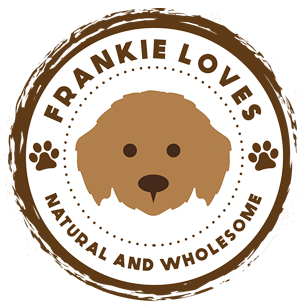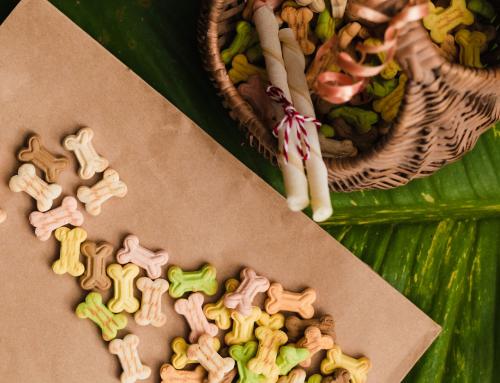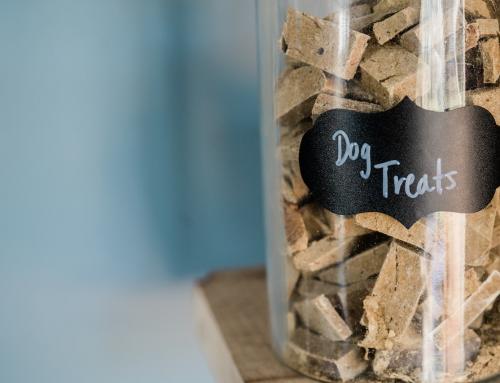There are certain types of food that dogs are allowed to eat. Veterinarians have been clear about how food, such as dairy and cheese, play a role in your pet’s overall health.
With this in mind, you may wonder if dogs can eat cheese and what benefits it can give to your fur babies.
Can Your Dogs Eat Cheese?
A lot of dog owners consider cheese as junk food because of its high fat and calorie content. But for other dog owners, it’s part of their pet’s diet, and they even consider cheese as a treat.
Cheese is rich in protein and other nutrients like vitamins and minerals that dogs need. However, there is a risk that dogs will get diarrhea from this, so it is much better to give your dog cheese in moderation.
One serving of cheese contains as much calcium as one cup of milk and a third of the daily nutritional requirements for phosphorus. One of the fatty acids found in cheese is butyrate, which has been known to help with cancer prevention.
Types of Cheese and Health Benefits Dogs Can Get from Them
Mozzarella
Mozzarella is a common cheese you can find in the market today. It has high nutritional value, such as vitamins A and D.
Mozzarella can be a good source of calcium as it contains 18.3 mg of calcium per 1 ½ oz serving. It also contains phosphorus, potassium, protein, and sodium.
Cheddar
Cheddar cheese is a typical cheese used in almost all recipes. It contains a little lactose, which is perfect as a treat for your dogs. Also, it can be a great source of calcium, protein, potassium, and zinc.
Gouda
Gouda cheese is known to be a good source of protein and an excellent source of calcium. It also contains a good amount of zinc.
However, this cheese can cause diarrhea for dogs, but it is still safe for them to eat, provided that you give it moderately.
Swiss
Swiss cheese contains reasonable amounts of vitamins A and D. It also has enough calcium and phosphorus.
Feta
Feta cheese is made from sheep, goat, or cow’s milk, and it has a strong and salty taste. It usually has a white crumbly texture and is made into a ball.
This type of cheese can help boost your dog’s mood and reduce anxiety. It is high in calcium content which is 19.5 mg per 1 ½ oz. of cheese.
Types of Cheese You Need to Avoid Feeding Your Dog
Cheese with Various Preservatives
It is best to avoid giving your dog cheese with garlic and other herbs, as it can lead to an upset stomach, diarrhea, and vomiting in dogs.
Similarly, it is also best to keep from handing your dog cheeses with stuffing, preservatives like nitrates, and processed components. These kinds of cheese are not suitable for dogs as they contain ingredients that can be toxic to dogs.
Some dogs may enjoy unpasteurised cheese. However, you have to know that it is not suitable for them, especially if they are aged. This is because it contains Listeria, a bacteria which poses a threat to your dog’s health.
Blue Cheese
There are plenty of questions about whether blue cheese is safe for dogs to eat. The truth is that it is risky to give to your dog.
The danger of giving dogs blue cheese goes beyond its high-fat content. It’s the actual mould used in the production of blue cheese that they are at risk of getting sick.
The reason is that dogs do not have the enzymes necessary to digest blue cheese. If they eat it, they could get diarrhea and throw up.
Conclusion
As a dog owner, you want to do the best thing for your dog. If you are not sure if your dog can eat cheese or not, it is best to discuss it with your veterinarian.
Frankie Loves Barkery offers healthy dog treats in Australia made from 100 percent natural ingredients without any artificial preservatives, colours, and flavours. Let us help you find the perfect treat for your beloved pets. Check out our product list today!





[…] Dairy products, including cheese, can be a source of protein and calcium for dogs. However, these should be given in moderation due to their high fat content (Rogue Pet Science). It’s also important to note that some dogs may be lactose intolerant and experience digestive issues if they consume too much cheese (Frankie Loves Barkery). […]
[…] Cheese That is Safe For Dogs […]